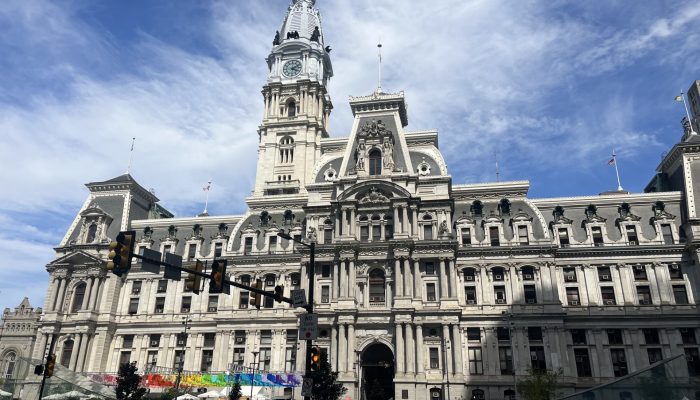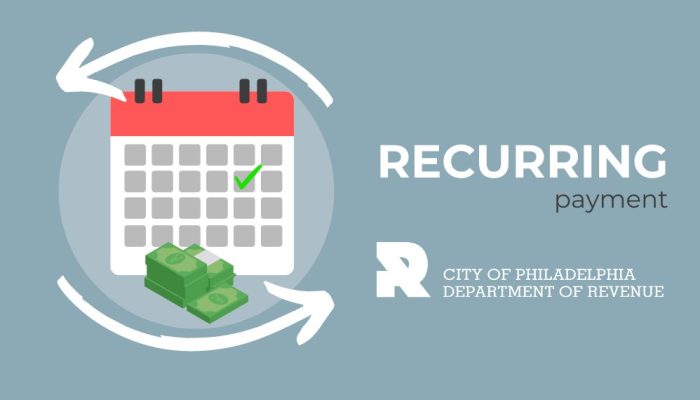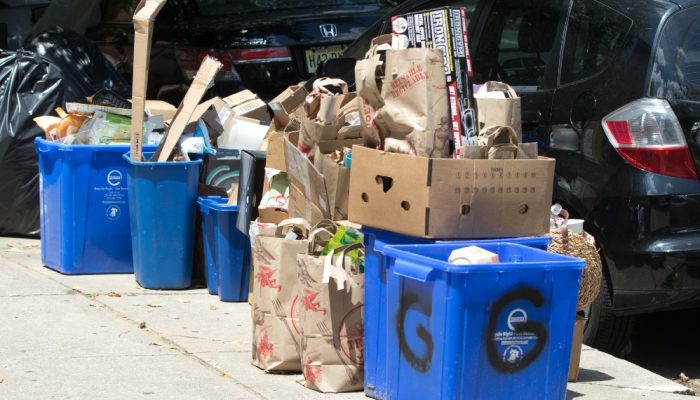UPDATE (November 2, 2021): The City’s new tax filing and payment website, the Philadelphia Tax Center, is now live. From now on, please complete online returns and payments for most City business taxes on the new website. Check out our online tax center guide for help getting started and answers to common questions.
Airbnb, VRBO and other vacation rental (VR) platforms have transformed the hospitality and tourism industries. Through websites and apps, ordinary people have turned a spare bedroom in their home, or an empty apartment, into revenue streams.
Like other major cities in the United States, Philadelphia now counts hundreds of VR properties. The City calls them “short-term” or “transient” rentals. While short-term rentals may not have the same zoning and health rules as traditional hotels, they have the same Hotel Tax obligations.
T. Afessa is a Director of Policy at the Department of Revenue, with more than 34 years of City tax policy experience. We asked him to explain what owners of short-term rentals need to know about filing and paying taxes.
From the Department’s standpoint, what is—and what isn’t— a short-term rental?
A residential property that is rented for a period of 29 consecutive days, or less, is considered a short-term rental. What many people now refer to as “an Airbnb” falls in this category, but it’s the same if the property is advertised on a different online platform or marketplace. It’s the same, whether it’s a spare bedroom in a rowhouse or a suite at the Bellevue.
If the property is rented for a period of 30 days in a row, or more, it’s just a regular rental. We go by the days written on the contract or lease. A person may sign a contract to rent a residential property for more than 30 consecutive days, but end it sooner. In that case, it is considered a short-term rental even though the original contract was signed for more than 30 days.
What taxes do owners of short-term rental properties have to pay?
To start, the Hotel Tax. This is the same tax any owner of a guest room in a hotel, motel, inn, or bed & breakfast in Philadelphia needs to collect from a patron, and remit to the City. If you rent through a booking agent who collects and remits the tax on your behalf, this is the case of Airbnb in Philadelphia, you don’t need to file or pay the Hotel Tax yourself.
As the operator, it is your responsibility to confirm if your online booking agent is paying the Hotel Tax. If they’re not, you need to register, file and pay it directly.
Just like anybody else running a business, short-term rental owners must file a Business Income & Receipts Tax (BIRT) return and, if the business is not a corporation, a Net Profit Tax (NPT) return. However, BIRT has an exclusion of the first $100,000 of your gross receipts and related net income. This means that unless you collected more than $100,000 during the year, you’re not going to pay BIRT. If you’re a Philly resident renting out an apartment or spare bedroom for a few weekends during the year, you’re probably not going to pay BIRT, but you still have to file a return every year. You will also have to file and pay NPT.
Since the property is rented only for residential purposes, the Use and Occupancy Tax doesn’t apply. We consider this a business operation, so you aren’t liable for the School Income Tax (SIT) either. You can visit our website for more information on each of these taxes.
Do owners of short-term rentals have to register as a business with the City?
Yes. Again, you may not have to file or pay the Hotel Tax if the booking agent is already collecting and remitting it for you. But filing BIRT and NPT each year is mandatory, so you need to register as a business.
You can register on our eFile/ePay website. In the log-in window, click on “Register for a Philadelphia Tax Account Number”, and follow the steps.
What is the Hotel Tax rate, and when should owners of short-term rentals file and pay?
The current rate [2018] paid to the City of Philadelphia is 8.5% of the total amount the host received. It is due on the 15th of each month for rentals in the prior month. Say you collected $400 in the month of July, and the VR booking agent isn’t collecting the Hotel Tax on your behalf. You must file the Hotel Tax and pay $34 by August 15. Once you’re registered, you can file and pay electronically on our eFile/ePay site.
As an operator you are also liable for Pennsylvania’s hotel-related taxes. You should consult with the Commonwealth if you have questions about rates, due dates and returns.
What can happen if you don’t pay?
If you don’t file and pay on time, interest and penalties will be added to the amount you owe. For non-filers there’s no statute of limitations, so we can go as far back as you haven’t been paying to assess the tax due. In addition, you can be fined $2,000 for each time you failed to file a return.
Airbnb collects the Hotel Tax on behalf of hosts and remits it to the City, why don’t other platforms?
We don’t obligate Airbnb to collect on the City’s behalf. We don’t obligate other platforms to collect on the City’s behalf either. But if the companies are not withholding, they’re required to report their clients to us. This way we know who owes the Hotel Tax.
What if I operate both short-term and long-term rentals?
We realize there are many different situations out there, and some individual cases can become complex. We are always available to help property owners figure out what taxes they are liable for.
You can send us questions via email to revenuetaxadvisers@phila.gov. We’ll get back to you with answers that are specific to your own case.




